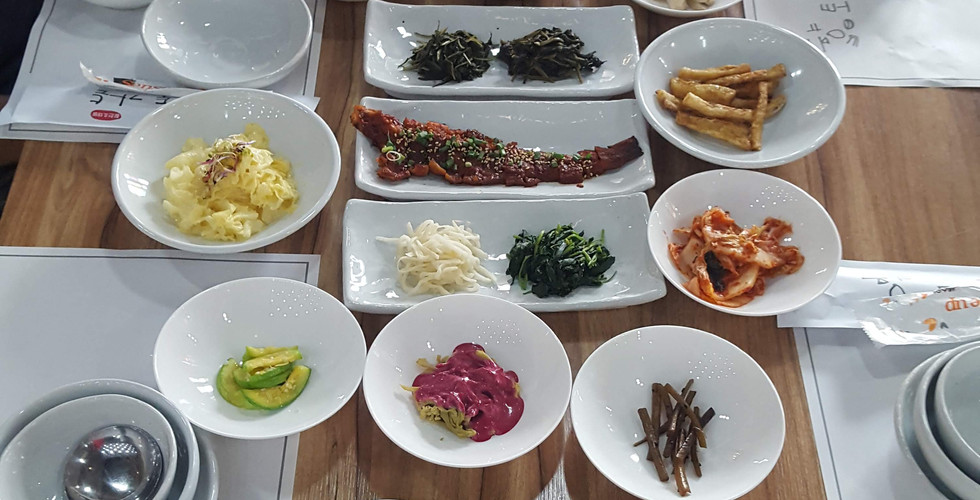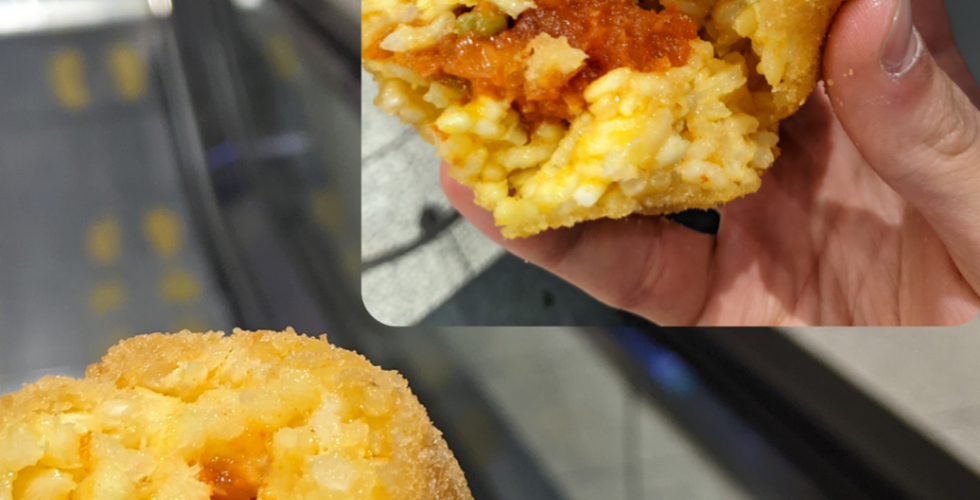American vs. "Real" Japanese Sushi
- James O.
- Jun 23, 2021
- 5 min read

I've been super blessed to live in so many different places, and one of the great things about it is enjoying all different kinds of food. It’s quite an amazing culinary journey I’ve been on, including a 3 year stop in Japan, the land of the rising sun...and also sushi. I’ve discovered though, that for one reason or another, people in different states and countries tend to be super proud of their food, (almost like a sports team or something.) They have arguments with people in other regions about whose food is the best (ex. Chicago vs. New York-style pizza.) Also, sometimes when you move, you don’t just leave your friends and school behind, but maybe your favorite restaurants and fast food (ex. Chick-fil-a).
Sushi is something that is considered by most of the world as a food highlight and an integral part of Japanese culture. It might come as a surprise if you haven’t been to Japan, but rolled seaweed and rice around raw fish (or fried shrimp) and vegetables like avocado and cucumber, topped with a (sometimes spicy) sauce is actually not REAL sushi. That, if you ask the Japanese, is a cheap, fake American copy. Thousands of years of tradition have kept sushi in Japan a pure and simple two-ingredient dish of raw fish and rice, nothing else, except perhaps a bit of soy sauce and wasabi.
However, I don’t care much what the Japanese think about what I prefer to eat - I enjoy American sushi so much more than traditional Japanese sushi. I want flavor; fish and rice alone just don’t do it for me. If I did want just fish on rice, I would prefer Hawaiian poke on rice. What can I say except that the sauce is boss? I understand that the idea is to only taste the high quality and purity of the fish, but that is yet another thing that bothers me. In Hawaii, I could fill myself up with a “volcano”, or “avalanche”, or “tsunami” of flavors for a fraction of the price of a smaller portion of traditional Japanese sushi. Yes, my parents paid for everything anyways. But still, because of this, we bought sushi a lot more often in Hawaii than in Japan, which to me was great.
I just like how the Americans took something already good, and rolled it up with a fusion of other ingredients and made it something totally different, and in my opinion, better. And I’m not referring to the “California Roll”, that’s like a middle-of-the-road approach to sushi, without the pizazz of either the high quality fish in Japan or the garlic sriracha hot sauce of the more innovative American sushi rolls.
Another variety of sushi worth mentioning is Korean kimbap, which they claim is NOT sushi, it’s something totally different - I love that attitude, you make your own unique cuisine and own up to it being different. Often, kimbap more closely resembles American sushi rolls, but with its own approach; often with (cooked) pork or beef instead of fish, and with kimchi or other (sometimes spicy) Korean pickled vegetables. It’s too bad Korean food isn’t as popular as Japanese food in the US; it deserves more hype.
(Click on the arrows to view) Unfortunately, I don't have many pictures of sushi, but the first picture is from when I bought sushi when mountain biking recently, (American style roll), the second picture is a really nice traditional Korean meal I had back when I lived in Korea with my family (see, Korean food is underrated), the third picture is my University's 5-star cafeteria's IG story, and the final picture is a fried rice ball that's somewhere between Italian Risotto and Japanese Onigiri.
For those of you who don’t feel the same as me about different types of sushi, or dislike raw fish in general (in that case you should try kimbap), sushi tends to be expensive; the less demand, the less those of us who do like it have to pay, and we don’t have to feel bad not sharing with you. This is my philosophy for anyone who doesn’t like the same food as me; food is very subjective, so no one really knows what the REAL sushi is. But each region saying their food is better isn’t all bad, as it can potentially push their food to an even higher level (like competition in sports), to the benefit of people like me who eat it. Whether it causes chefs to be more innovative, or stick to thousands of years of tradition, both are good, because it would be a shame if American sushi never existed, or if traditional Japanese sushi ceased to exist.
Some of you who haven't ever lived overseas or are just scared to try new foods probably haven't ever had sushi. I highly recommend trying it, (American and traditional Japanese style are both worth trying) although I realize that depending on where you live, there might not be any good place to get sushi near you. Fortunately, the Commissary usually has some American roll-style sushi that is actually quite good. Now that I study in Switzerland though, I'm kind of trying to live on a budget in the most expensive country in the world, so I've had sushi maybe twice in the last 9 months since I got here, even though it's one of my favorite foods. Once, they served it at the cafeteria (could probably write a whole article about how great my university cafeteria is), and one time I splurged and paid about $25 for take-away sushi. Meanwhile, in Hawaii, it was around $8, and in Japan "sushi-go-rounds" were only $1 per plate, albeit with small portions so you easily could order 10 plates.
Losing access to certain foods isn't at all strange to us military kids- moving to a new place might not just mean leaving friends, but leaving your favorite food! Many people living overseas miss Chick-fil-a and are elated to arrive at an airport in the US and order Chick-fil-a first thing. As I've only had it like 3 times because I’ve been living overseas for so long, I don't really miss it (unless it's possible to miss something you've never really had). Something I personally was excited to have again was Turkish Döner Kebab, which seemed not to exist in Japan. I was so excited when right outside the gate at Camp Humphreys there were a half a dozen döner places. I'm also missing Charley's now that I’m in Europe and not near a military base. Korean fried chicken like BHC and cheaper sushi would also be outstanding in Switzerland, but we can’t have everything, right? You could always try learning to cook something from home that isn’t available where you live, or if you're missing food from a favorite restaurant that's closed due to COVID. There are loads of YouTube videos and of course recipes online. Cooking is a great way to experiment with trying something maybe you’ve never even seen at a restaurant.
I won’t talk about actual politics in this article, but as far as food goes, I’m pretty liberal; I'm open to trying new foods and don’t want to just have traditional foods, although those definitely have a place in my life. I’m excited to always try new things, as long as it’s not dog or insects or something. I encourage you, whenever you move somewhere new, to try out the food they’re famous for. Maybe you won’t like it much but maybe you will.
Random cooking experiments: Left: Korean Barbecue Bratwurst Mid: Schnitzel with Japanese Curry Right: Queso with Swiss "Raclette" Cheese
.png)













